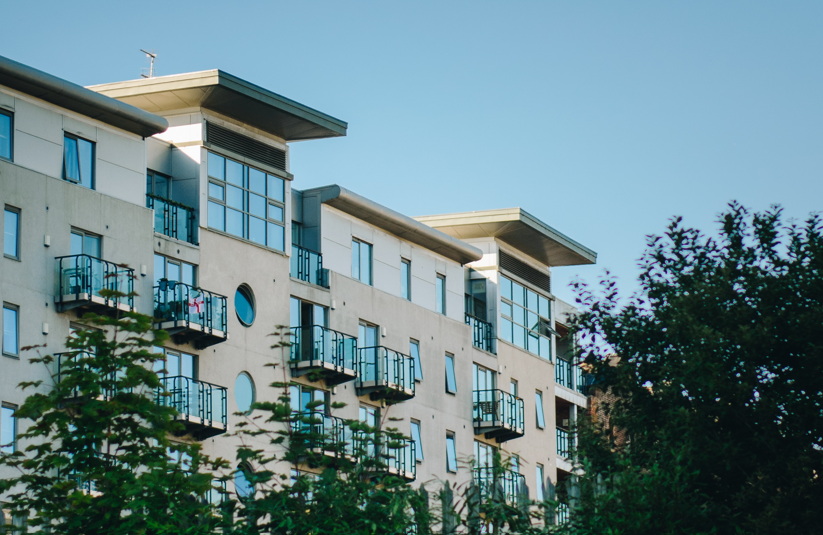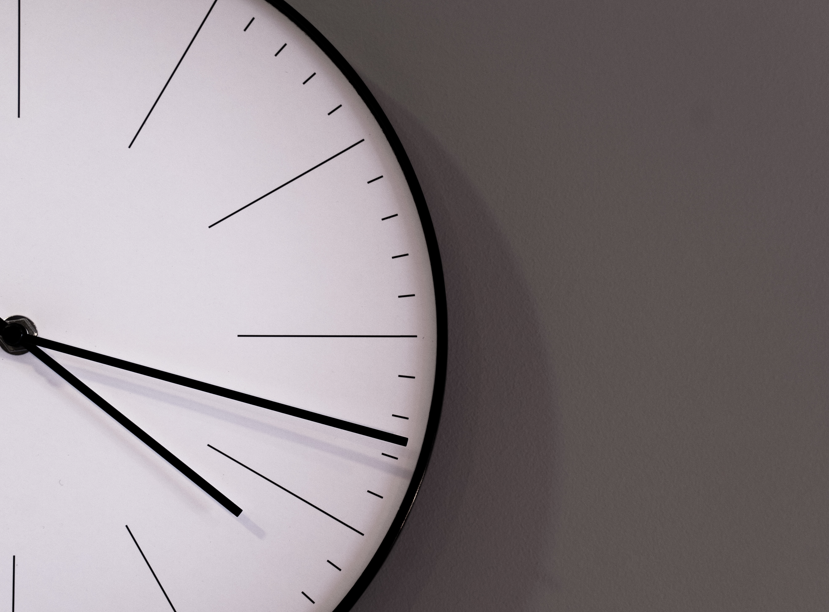The answer depends a lot on your circumstances and preferences
By Olev Edur
When is the best time to start taking your Canada Pension Plan (CPP) and Old Age Security (OAS) and benefits? It’s a question that bedevils many a Canadian retiree these days, and for good reason. The math is extremely complex, but the amounts involved could be substantial.
If you take CPP benefits at age 70, they are 42 per cent greater than if you take them at age 65. Someone entitled to the current CPP maximum of $1,253.59 a month would get an additional $526.50 a month—more than $6,300 extra a year, indexed to inflation, for perhaps the next 20 years. That’s a total of more than $126,000, although waiting until 70 would also mean forgoing $75,500 in benefits between 65 and 70.
Still, an extra $50,000-plus of retirement income is not to be sneezed at. On the other hand, there may be some good reasons for forgoing this extra largesse and taking CPP as early as possible; the same holds true for OAS. “We get a lot of calls about what to do,” says Janet Gray, a fees-only financial planner at Money Coaches Canada. “When should they start? Should they take OAS now and CPP later? There is no one answer, and it’s very complicated to figure out. Without proper software, even professionals can’t do it.”
Doug Hopkins, a financial planner and wealth advisor at IPC Securities Corp., agrees. “I have this conversation almost every week,” he says. “Yes, you can Google the statistics to find out how so much you get at what age, but there is much more involved. There are no hard and fast rules to answering any of these questions, so you need to understand the big picture first. It’s a very personal decision, and I would need all of a person’s details before making any recommendation.”
Hopkins adds that misinformation abounds on this subject: “For example, one thing you occasionally hear—it’s an urban myth, really—is that you should get your money out of CPP as soon as you can, before they run out of money. That may have been a legitimate concern back in the 1990s, when CPP’s investment board was very restricted in where they could invest. They were limited to fixed-income investments only and couldn’t access equity investments for greater growth. But the rules have been relaxed since, and CPP is actually very well funded for the next 75 years.”
Some General Guidelines
The reality is that the timing issue depends greatly on many variables, both financial and personal. The math does show, however, that generally the longer you wait before claiming CPP and OAS, the more money you stand to receive.
“Okay, we can start with a general rule that waiting until age 70 is best for everybody,” Gray says. “But then we have to start thinking about the excep- tions. Sometimes the answer is obvious. If your retirement income is very low, or if you’ll be eligible for Guaranteed Income Supplement [GIS] at age 65, then you should take CPP as early as possible. You also have to think about how your plans may affect other possible subsidies, so starting at 70 isn’t really for everybody.”
Another key consideration is health and life expectancy. “The breakeven point at which early CPP benefits cease to make financial sense is around age 73½ to 74,” Hopkins says. But if the state of your health or your genetic history indicates that you won’t live long, then you may decide to start collecting CPP at 60 rather than 65.
Hopkins acknowledges that over the long term, taking early benefits can be quite costly: “One Financial Planners Council of Canada study found that taking CPP at 60 rather than 65 could cost as much as $100,000, and that’s a pretty punitive giveaway.”
But this assumes you’ll be around long enough to collect all those higher benefits; otherwise, you may end up losing those early benefits you didn’t take. Of course, no one knows exactly how long he or she is going to live, but if the evidence points to the mid-70s, for example, then you need to plan accordingly. Then there are those who simply want the money early so they can use it to enjoy life more fully while they’re still young enough to do so. “A lot can depend on lifestyle,” Hopkins says. “To a large extent, it can be a personal rather than a financial decision.”
And the equation can change substantially if you take early CPP benefits and invest them. “That could mean a lot of extra money,” Gray acknowledges. “The problem is that people don’t invest. They buy toys or spend the money somehow, and then they feel cheated. But it’s nobody’s fault but their own.”
The Effect of Taxation
Taxation as well as benefit clawbacks can also change the equation. For someone who already has a good pension and sizable savings, it may seem sensible to leave both CPP and OAS until age 70 to maximize the benefits. But if those increased benefits lift total income high enough to put that person into a higher marginal tax bracket or result in an OAS clawback or both, then later may not be better.
“And if you’re still working, don’t take early CPP; that’s pretty clearcut,” Hopkins says. Still, Gray says, some people retire early with pensions that provide extra money as a bridge until they start drawing CPP at 65. “They take CPP early anyway, in order to double-dip,” she says. “They get the pension bridge and can collect CPP at the same time—although they can end up paying a lot of tax.”
If you have a spouse and both of you are entitled to CPP, you may be able to reduce your combined tax bills through what is known as pension sharing, whereby you can apply to have your entitlements split equally between you. “Pension sharing does change the tax situation,” Gray says.
There are further wrinkles that can affect certain people. Gray cites the example of low-income spouses who are getting the CPP Allowance and, when they start to take their own retirement benefits, are chagrined to learn that they can’t receive more than the maximum retirement benefit in total. “If they take their own CPP, the Allowance may be reduced, so it may be better in this case to wait until age 70,” she suggests. “You get the maximum Allowance until then, and afterwards your benefit is much higher.”
Which Benefit First?
Calculating whether to defer OAS and CPP involves another question: which should you take first and which should you defer? “The rate of increase is higher for CPP than for OAS—0.7 per cent a month as opposed to 0.6 per cent, and CPP benefits are usually larger, so taking OAS and deferring CPP will have a bigger impact,” Gray says. “But if your CPP will be lower than your OAS, this strategy may not be as attractive.”
And, of course, by extension, if you have savings, perhaps registered as well as non-registered, then the broader question arises: which income source should you use first? How does this affect timing? “If you have a large pool of retirement savings, it may make sense to draw on that and defer your CPP and OAS,” Gray says. “You may want to use your registered savings first, and then start your OAS and CPP. But what often happens is that people don’t have as much as they expected left in their RRSPs or RRIFs and have to start drawing OAS and CPP earlier than planned. Of course, even if CPP is deferred for only two years beyond age 65, it increases by 16.8 per cent. One more year and the increase is 25.2 per cent.”
Then there’s the matter of your estate. “If you’re thinking about what can be passed on to loved ones and others, you might want to take CPP and OAS at 65 because it will end when you end, while your savings can be passed on,” Hopkins says. “You have to understand your goals—what you want to spend and what you want to pass on.”
Given the complexity of the overall question, professional advice can be invaluable. “People get letters from the government touting the benefits they can receive, and they just take them without thinking about all the implications,” Gray says. “There is no hard and fast answer. It can depend on your income needs, lifestyle, health situation, and expected lifespan.”
“People generally need more income later because of healthcare requirements, but there is no single right answer,” Gray says. “You need professional help. You can contact Service Canada, but you still need to do your homework. But you don’t need to decide right at age 60 what you are going to do and when you’re going to stop working. After all, it takes only 60 to 90 days to start your CPP benefits. You can plan, but you don’t need to decide right away.”
Photo by Romain Dancre on Unsplash






